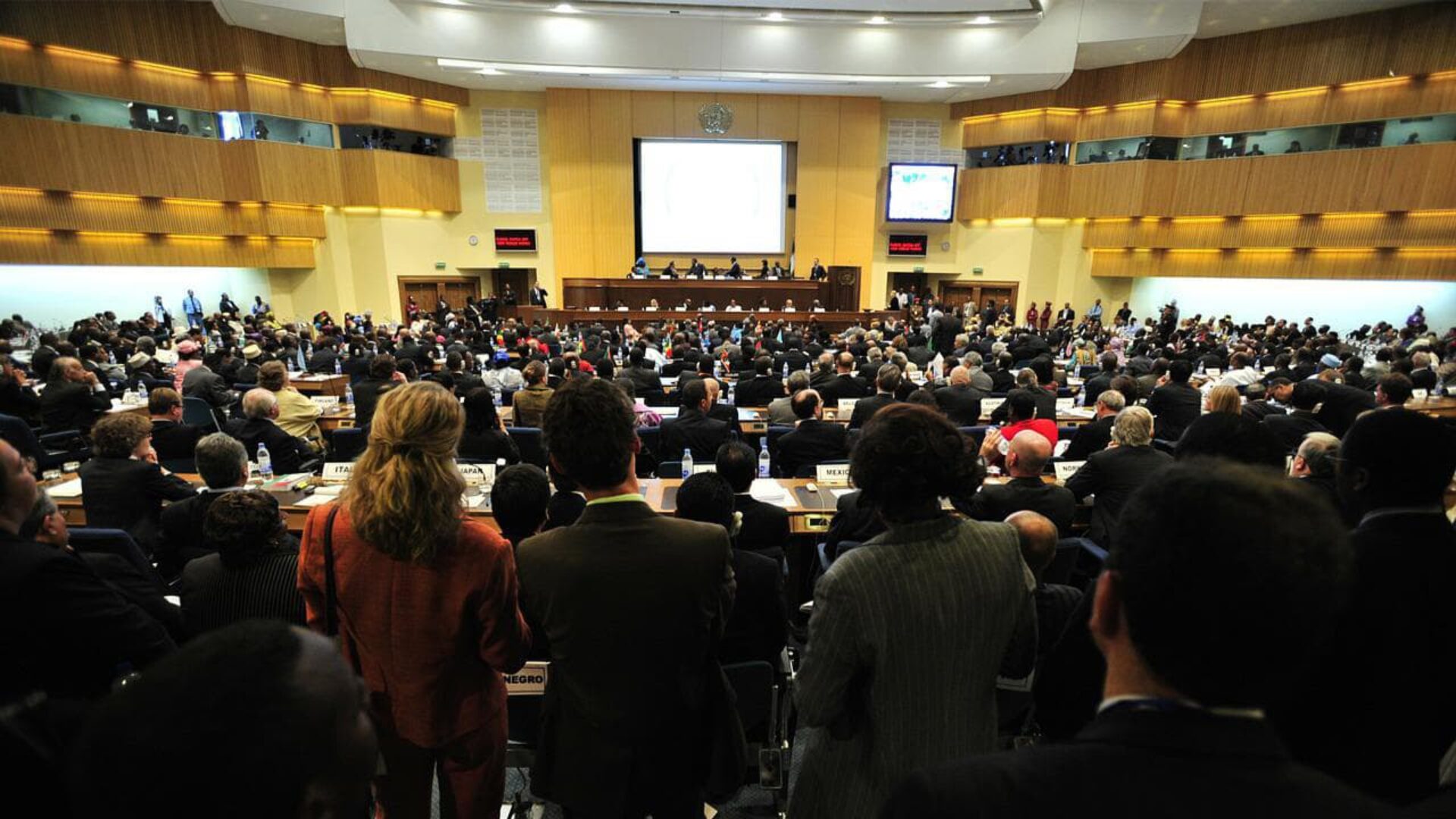
Conferences are a way to promote better relationships with the company’s stakeholders. But the organization of this type of event needs to ensure the quality of the conference, without being overly complex. That is, the work of organizing a conference must be efficient in every detail.
In this article, we will present 8 tips to organize a conference more efficiently, without giving up a quality result. Check out!
1. Establish a commission
For any event to be a success, it needs to meet the interests of the public. Therefore, when organizing a conference, it is worth having representatives of the public to present suggestions and opinions about the program.
In addition, it is also worth having a group of people to divide the organization’s responsibilities, so that no one is overloaded and that all aspects (schedule, reception, food, security, technical structure and others) receive due attention.
So, the tip is to establish a committee, in order to get people to work together to organize a successful conference.
2. Make a structured plan
A structured planning is like a guide to everything that needs to be prepared for the event. The better the organization, the lower the risk of a problem happening at the conference or details being forgotten.
The good news is that planning doesn’t always have to be developed “from scratch”. If the company has held conferences before, it can reuse the plans, making only the necessary adaptations. After all, the steps to organize each conference are essentially the same.
3. Create a strong guest list
A characteristic aspect of conferences is the presence of guests: the lecturers. They are the ones who make presentations on relevant subjects within the theme of the event.
For a conference to be a great success, it is important to have a strong guest list. This does not necessarily mean relying on famous people, but on professionals who can really generate value for participants.
Keep in mind that guests need to verify that your event fits into their schedule. Therefore, the tip is to contact guests as early as possible. In addition, it is worth having a plan B, in case your first choice of lecturer is not available.
4. Make general preparations
In the previous item, we commented on the importance of preparing the electronic equipment that will be used in the event. However, other general preparations are extremely important and should also be made well in advance. Among them, we can highlight:
- choice of event location or organization of the company’s own event room ;
- hiring buffet;
- contracting security services;
- organization of transport and accommodation for guests;
- management of participant registrations.
Generally, you won’t hire these services from the first company you come across. At the very least, it is necessary to make some quotations before closing the contract, which takes a lot of time.
So, the sooner you get started, the better! On the other hand, you can build a list of preferred vendors to hire at events, which can help save you time and money.
5. Prepare the necessary equipment
A range of equipment may be needed for the conference, such as projectors, microphones, speakers, computers with internet access, etc. All this equipment needs to be prepared in advance, to avoid running around and delays in the “Hour Hour”. It is worth remembering that, in many cases, it is necessary to rent this equipment, which requires even more advance notice for preparation.
6. Form a support team
At the time of the event, someone must always be available to help lecturers and participants and to solve any problems.
In the same way that in the organization it is better to have several people forming a committee, when the event is in progress, it is ideal to have a support team, rather than a single individual. After all, you can never predict what the last minute demands will be.
When the conference is an internal corporate event , people on the support team need to be aware that they will not enjoy the event like the other employees. Therefore, in this case, a good strategy is to offer an incentive for those who develop this work.

7. Be prepared for unforeseen events
Since we are talking about last-minute demands, there is no doubt that, to organize a conference, it is necessary to be prepared for unforeseen circumstances. After all, no matter how good the planning, they always end up happening.
The question remains: is it possible to prepare for something that you cannot foresee? The answer is yes, and one way is by looking at what went wrong in your company’s past events. For example, if on one occasion the speaker’s microphone failed, it’s always a good idea to rent an extra microphone. If the buffet at the previous event was insufficient, consider hiring a larger option, with a percentage left over from the items provided.
8. Carry out a satisfaction survey with participants
Taking advantage of the previous item, one last tip is that you always carry out a satisfaction survey with participants after the event. The information collected in this survey will be very useful the next time the company decides to organize the conference.
From the answers, you will be able to assess what went well and can be maintained, but also identify what went wrong and needs to be changed. Plus, it’ll save you time guessing what your audience wants. In other words, the tendency is for the success of the event to be greater with each new occasion!
Bear in mind that a satisfaction survey is relatively simple to carry out. One option is, for example, to send a form to each e-mail address registered by participants during registration. Relying on technology is essential for this process to be efficient, simple and agile.
